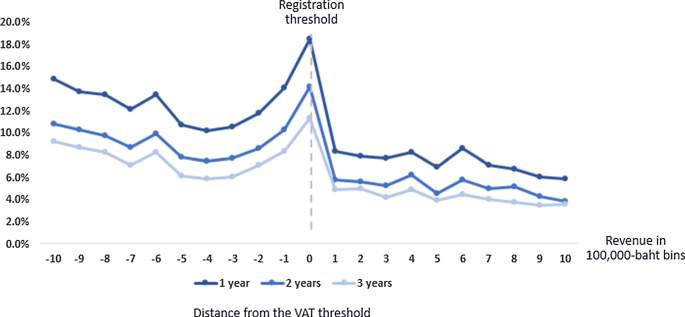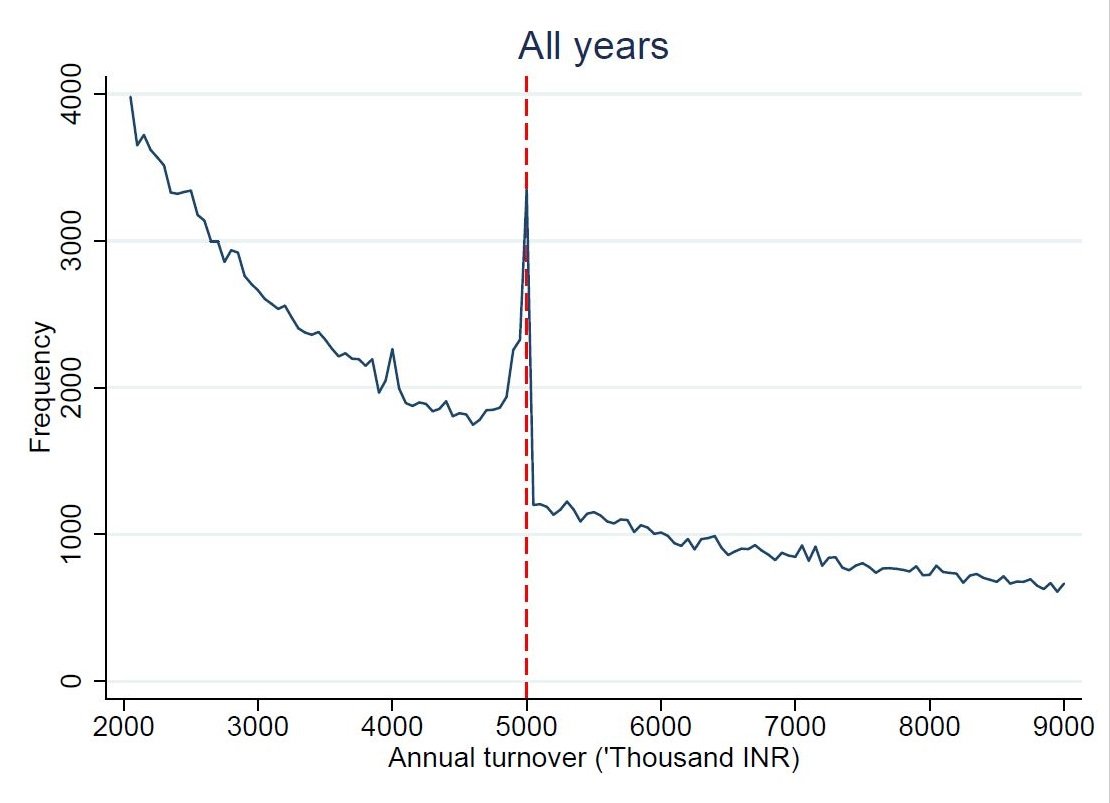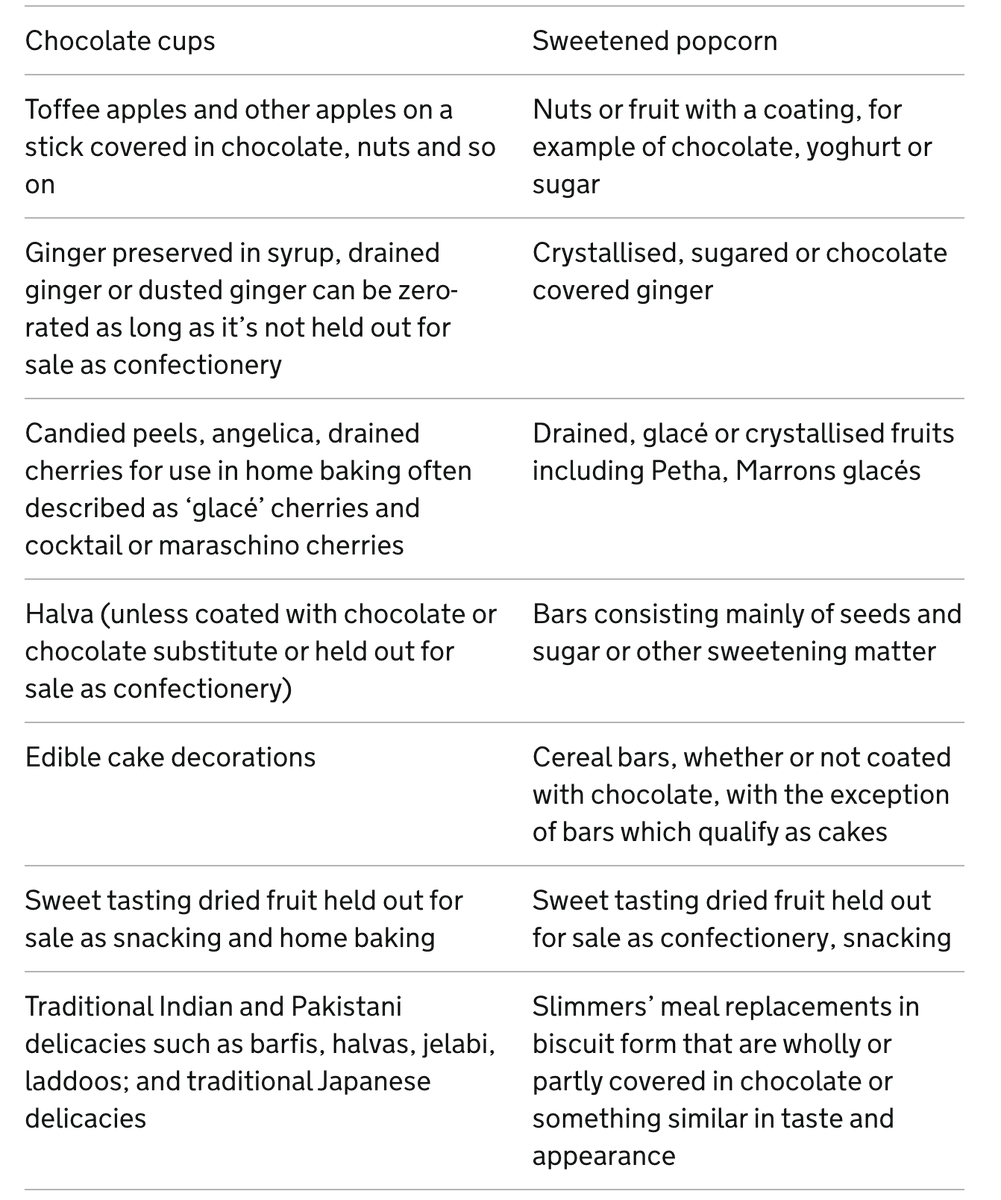
Fun #taxnerdery here. It’s the US Embassy that says the congestion charge is a tax - because embassies are immune from taxes. TfL’s position is that it’s a charge for services, so there’s no immunity.
https://twitter.com/joe_armitage/status/1570338460397084672
See Article 23 and 34 of the Vienna Convention, enacted into UK law under the Diplomatic Privileges Act 1964. 



Who’s right? It’s far from clear, but IMO the Americans. Being permitted to drive in the congestion zone is not really a “service”.
But it doesn’t really matter - you can’t start enforcement proceedings against an embassy, and so TfL wouldn’t be able to collect the money, even if it was a “tax”.
• • •
Missing some Tweet in this thread? You can try to
force a refresh








